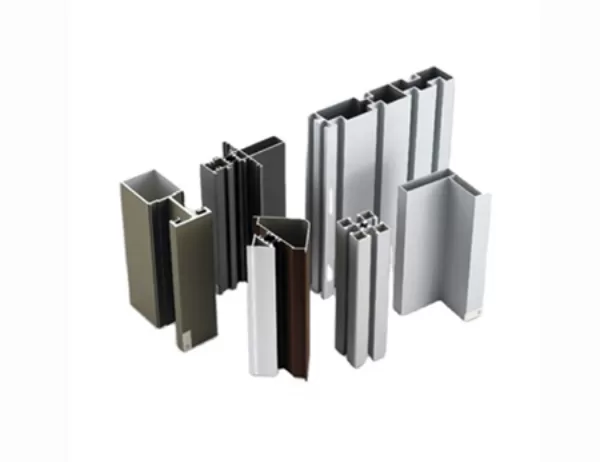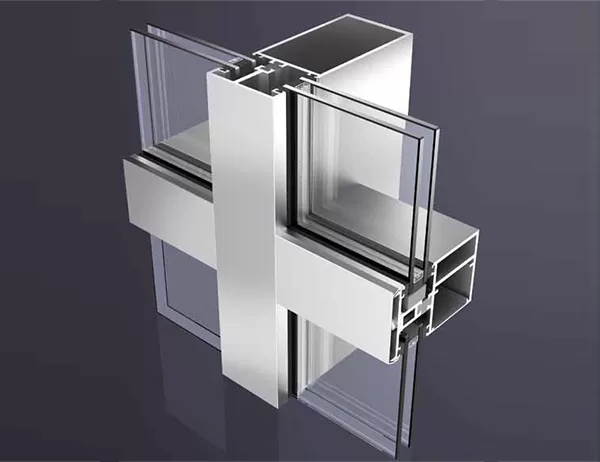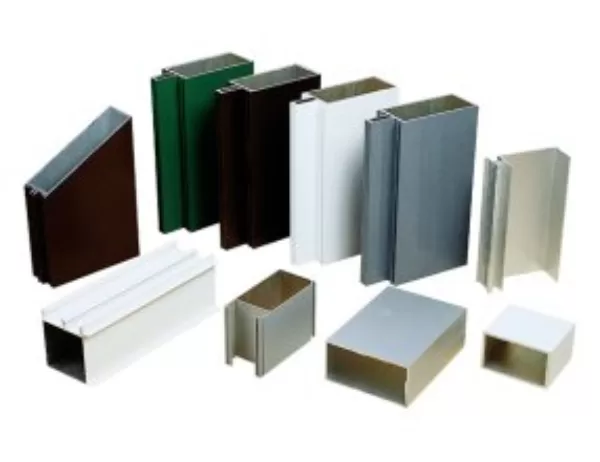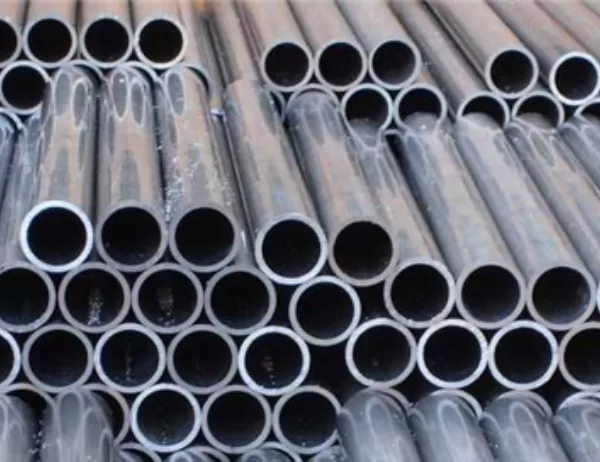Aluminum profiles are increasingly used in industrial settings due to their unique combination of properties and versatility. These profiles offer numerous advantages that make them ideal for a wide range of applications, from structural components to conveyor systems and machine guards.
Lightweight and Durable
Aluminum profiles are incredibly lightweight, making them easy to handle and install. This is particularly beneficial in applications where weight is a concern, such as in aerospace and mobile equipment. Despite their light weight, aluminum profiles exhibit exceptional durability and strength, resisting corrosion, wear, and impact.
Corrosion Resistance
Aluminum is naturally corrosion-resistant, making it an ideal choice for use in harsh environments. It is not susceptible to rust or oxidation, unlike steel or iron. This eliminates the need for costly protective coatings or maintenance, resulting in long-lasting performance and a reduced lifecycle cost.
Excellent Structural Properties
Aluminum profiles possess excellent structural properties. They offer a high strength-to-weight ratio, providing excellent support and stability while maintaining a lightweight design. This makes them ideal for use in structural applications, such as framing, beams, and supports, where high strength and light weight are critical.
Versatility and Customization
Aluminum profiles are highly versatile and can be customized to meet specific application requirements. They can be extruded into various shapes and sizes, allowing for complex designs and intricate profiles. Custom extrusions enable engineers to create unique solutions that optimize functionality and meet specific application requirements.
Low Friction and Wear Resistance
Aluminum profiles have low friction surfaces, reducing wear and tear on mating components. This is particularly advantageous in conveyor systems and other applications where components are constantly in motion. The low friction properties of aluminum profiles extend the lifespan of equipment and minimize maintenance intervals.
Electrical Conductivity
Aluminum is an excellent electrical conductor, making it suitable for use in electrical applications. It provides a low electrical resistance and high conductivity, ensuring efficient current flow and reducing power loss. This makes aluminum profiles ideal for electrical enclosures, busbars, and other electrical components.
Sustainability and Environmental Benefits
Aluminum is a sustainable material that can be recycled multiple times without losing its properties. This reduces the environmental impact and promotes resource conservation. Additionally, aluminum profiles are lead-free and non-toxic, making them a safe choice for use in food processing, medical, and pharmaceutical environments.




